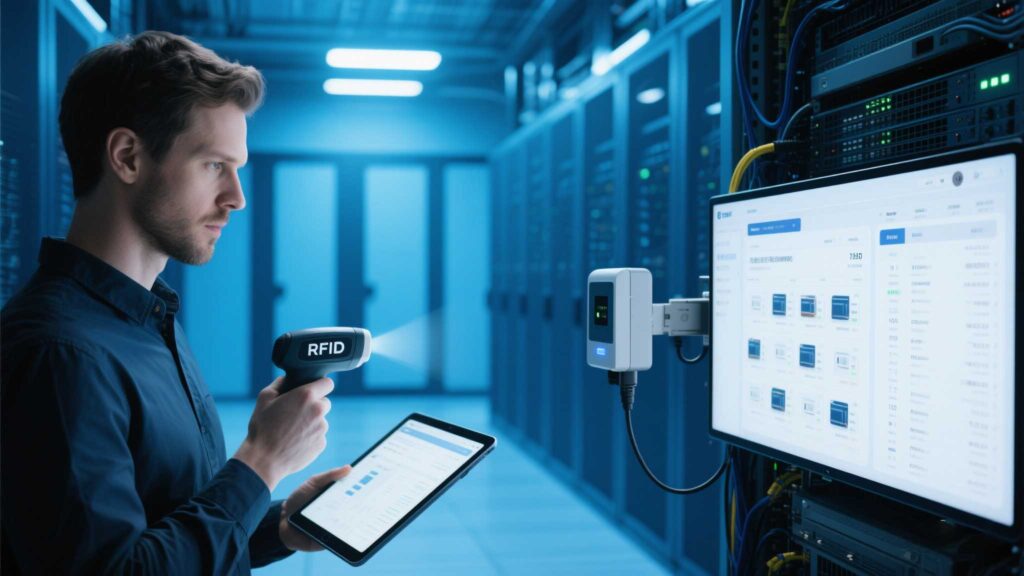How RFID Works in Warehouse,The Technology Behind Smarter Inventory Management
413The Guide breaks down the working principles, applications, and benefits of RFID technology in warehouses
MoreAll RFID Product
Choosing between handheld RFID scanners and fixed readers depends on your business’s workflow, budget, and tracking needs. While both technologies use radio waves to capture tag data, their design and use cases vary significantly. Here’s a breakdown to help you decide which solution delivers the best ROI.

A mid-sized logistics company deployed Cykeo’s fixed readers at loading docks to automate inbound/outbound tracking, reducing shipping errors by 45%. Meanwhile, their warehouse team uses handheld scanners for daily stock audits, cutting audit time by 60%.
The Guide breaks down the working principles, applications, and benefits of RFID technology in warehouses
MoreNeed to track tools across sprawling construction sites? Discover rugged UHF RFID readers that survive dust, rain, and chaos while scanning up to 100 ft.
MoreLearn step-by-step how to integrate RFID handheld scanners with ERP systems for real-time inventory updates, asset tracking, and streamlined operations.
MoreExplore the latest trends in RFID technology for retail, including smart inventory, contactless checkout, and sustainability. Learn how Cykeo drives retail innovation.
More